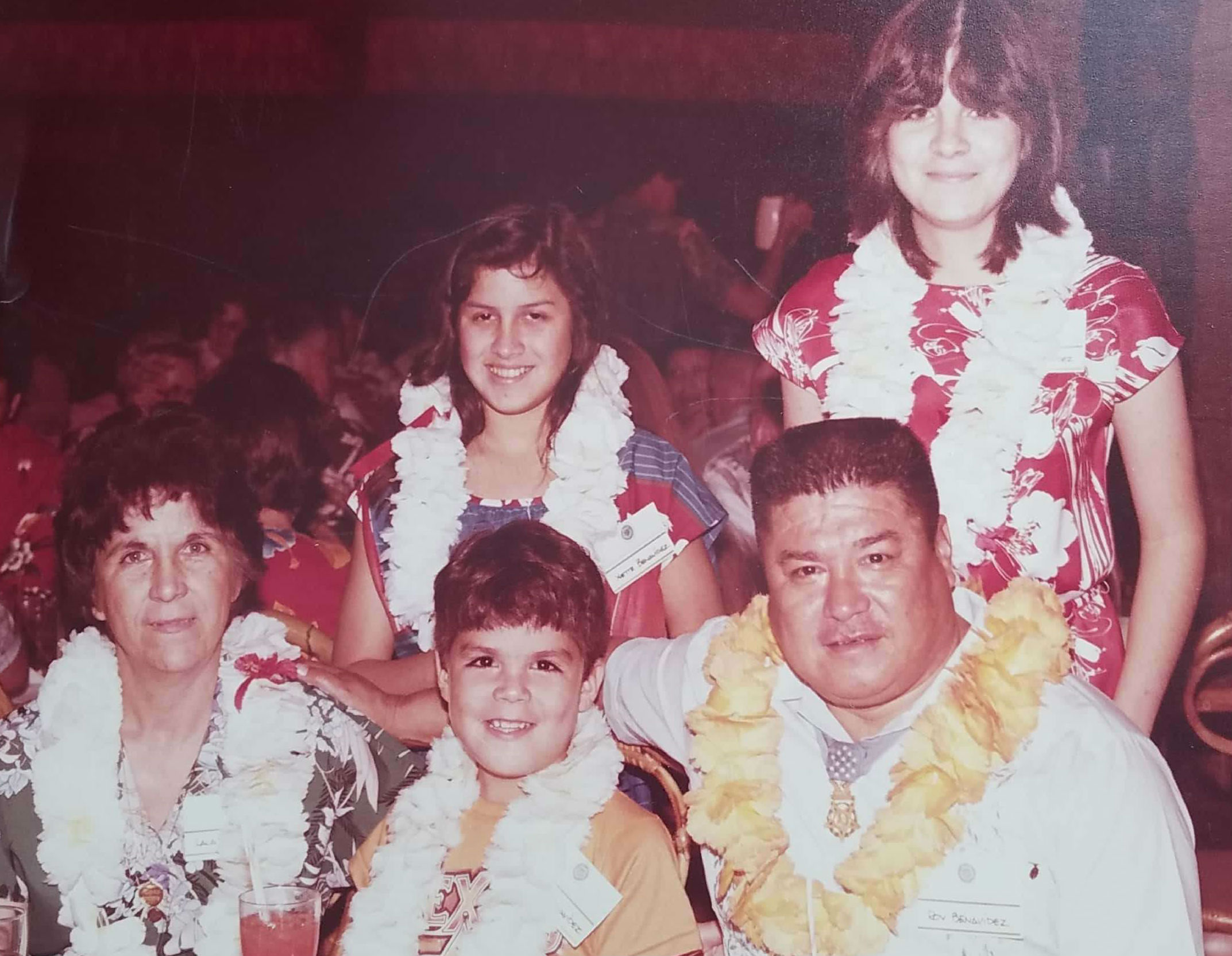WASHINGTON — The U.S. House passed a massive defense spending bill that sets up what could be one of President Donald Trump’s final bouts with Congress. Trump threatened on Twitter to veto the National Defense Authorization Act, which Congress has prided itself on passing for more than half a century. Lawmakers could override a Trump veto, which would be the first in his presidency.
The NDAA passed the House Tuesday with a margin of 335-78 and is named in honor of retiring Rep. Mac Thornberry (R-TX) of Clarendon, who is the top Republican on the armed services committee. The legislation covers defense spending and sets policy for troop levels, and includes pay raises, hazard pay, and benefits for military families. It also authorizes $183 million for military construction projects in Texas.
President Donald Trump is not happy it excludes the repeal of a key legal protection for technology companies and it strips Confederate names from army bases. There has been a campaign to rename several of these bases, including Fort Hood in Central Texas.
Growing up Yvette Benavidez Garcia said she did not realize her father was a big deal.
“People would be kind of following and honking and waving, and I really didn’t think much of it. People would be following us and all they wanted to do was shake his hand,” Benavidez Garcia said.
Her father was Master Sgt. Roy Benavidez of the U.S. Army Special Forces. The Texas native earned the Medal of Honor for his heroism while wounded in the Vietnam War.
“He is the ultimate American fighter who without a doubt, stood for duty, honor, and country, plain and simple. He also lived and breathed for his family and his faith,” Benavidez Garcia said.
Benavidez was born in 1935 in Dewitt County and was the son of a Mexican American father and a Yaqui Native American mother. He enlisted in the Texas Army National Guard in 1952 during the Korean War and three years later, went on to active duty in the U.S. Army.
“He gave up his childhood. He gave up his enjoyment of being with family and friends. He gave up the mental aspect of living a clear and free mental life. He truly gave up his tomorrow for our todays,” Benavidez Garcia said.
In 1968 during the Vietnam War, Benavidez volunteered to rescue soldiers during a reconnaissance mission. He was shot in the head, face, and leg, but was able to drag survivors onto an evacuation helicopter. President Ronald Reagan presented Benavidez with the Medal of Honor in 1981. The father of three died in 1998.
Many now want to rename Texas’s Fort Hood to Fort Benavidez. His daughter feels an immense sense of pride when speaking about her father’s life.
“He represents a lot of different people out there. You know, he represents Hispanics. He represents migrant children,” Benavidez Garcia said. “He represents the bilingual kids that are out there. He represents those kids who were troubled in school, because he was a troubled student. He represents those who were orphaned.”

The army’s largest post is named after Confederate Lt. Gen. John Bell Hood. The Fort Hood name change has been a top legislative priority for the League of United Latin American Citizens.
“We believe that this is a good time to rename our American military bases, so that it reflects our nation's celebration of our American heroes who come from all types of background, including the Latino background,” Sindy Benavides, CEO of LULAC said.
According to the Pew Research Center, 16 percent of U.S. service members are Hispanic. The study also said Hispanics are the fastest growing minority population in the military, which aligns with the overall demographic trends in the country.
Sindy Benavides, who is not related to Master Sgt. Benavidez, said she gets goosebumps when she thinks of his courage and valiant actions. She points to Benavidez’s ties to Texas and the growing representation of Latinos in the state as reasons Fort Hood should be named after him.
“It's so important that today we start making those changes to reflect our rich diversity and to make sure that all members of our rising communities of color continue to be reflected not only in military bases, but in all positions across the military at the highest level,” Benavides said.
Benavidez Garcia said the family did not know their father, who did not like being called a hero, would still be remembered more than 20 years after his death.
“Even after, you know, he received the medal, he truly thought that he was just going to be remembered for a year,” she said.
The NDAA is one issue where lawmakers have historically set aside their differences. Speaking to journalists in the U.S. Capitol on Monday ahead of the House vote, Sen. John Cornyn said while he has problems with the legislation, he had hoped the president would see a big vote.
“I think there's more good than bad so, I would, I'm going to vote for it, and my hope is that if the number is big enough that the president reconsiders his threat to veto it, if it's clear what the final outcome will be,” Cornyn said.
Trump allies, including Sen. Ted Cruz, have railed against the social media companies over Section 230 of the Communications Decency Act. The piece of the law shields websites from liability for content created by third parties, but some Republicans lawmakers say the section of the communications code has nothing to do with the military.
The Senate is expected to vote on the NDAA this week, a bill that aims to remember and honor service members from the past and present.
If the NDAA passes Congress, it would be the 60th year in a row for lawmakers to do so.


